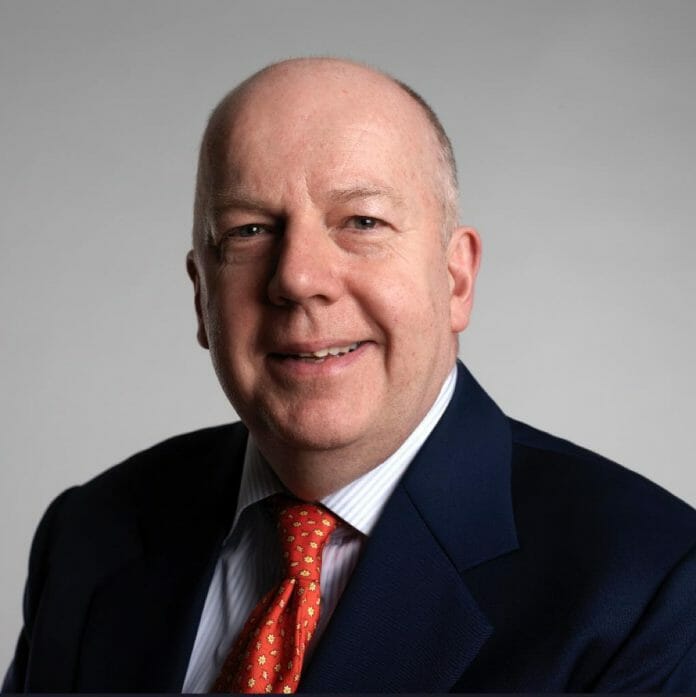
Higher Education Institutes can play an important role in addressing gaps in financial literacy early through several ways, such as introducing it into their curriculum, especially within their Foundation programme and organising financial literacy workshops and self-management courses through various associations, says Professor Raymond Madden, Head of Edinburgh Business School and Associate Head of School of Social Sciences, at Heriot-Watt University Malaysia (HWUM).
“This is in consideration of the fact that most students entering institutes of higher learning would be at a stage of their life where they would be living away from home for the first time and would be entrusted with the responsibility of handling more of their finances by themselves,” the Professor of Management Practice and Ethics at Heriot-Watt Malaysia tells Business Today.
However, he stresses that financial literacy should start at an early age and at home, well before students enter higher education.
“Topics such as personal savings, personal investments, and good and bad debt should be freely discussed, and this could be a good opportunity for parents to start inculcating the habit of saving in their children, through giving them pocket money for school, or Ang Pau or Duit Raya during the festive season.
“I believe that for many, asking for help — especially for something as personal as your personal finance can still be a taboo subject. I believe that we as a people have to be more open about financial literacy and to talk about it,” he adds.
Universities and tertiary institutes can additionally collaborate with agencies and personal finance experts on programmes to educate and inform the youth on responsible use of money and credit management skills.
“Heriot-Watt University Malaysia’s Student Services Centre helps to connect students to external resources such as the Credit Counselling and Debt Management Agency (AKPK), which can provide advisory services and assistance to student borrowers in managing their finances, especially when it comes to loans for their motorcycles or cars,” he adds.
Professor Madden advocates empowering students through positive education that supports the holistic development of students, emphasising three key and integrated components for a holistic education: academic excellence, mental and physical well-being, as well as character building.
“Through our EmPOWER programme, our students are required to accumulate credits relating to the Creativity, Innovation and Entrepreneurship domain where they will gain knowledge related to financial literacy. They will also gain an appreciation of the market and consumer behaviours as well as learn how to fund-raise for their entrepreneurial aspiration.
“Through community service-based projects they run as part of the EmPOWER programme, our students learn how to raise funds, allocate resources, and spend within their budget allocations. We find quite often that this exercise gives them greater awareness of their own financial situation and tools with which to better manage their personal finances,” he adds.








